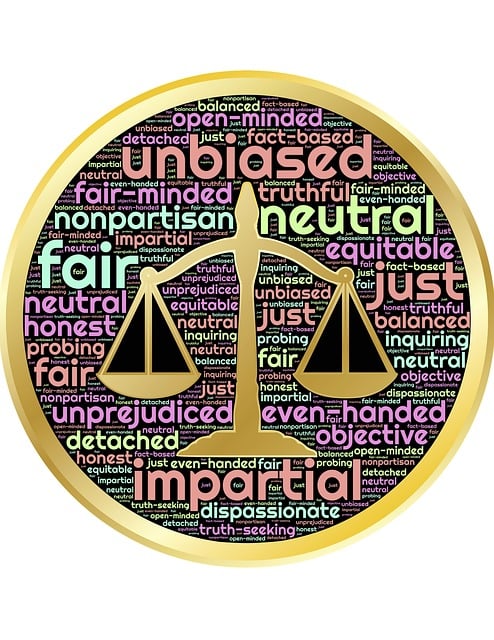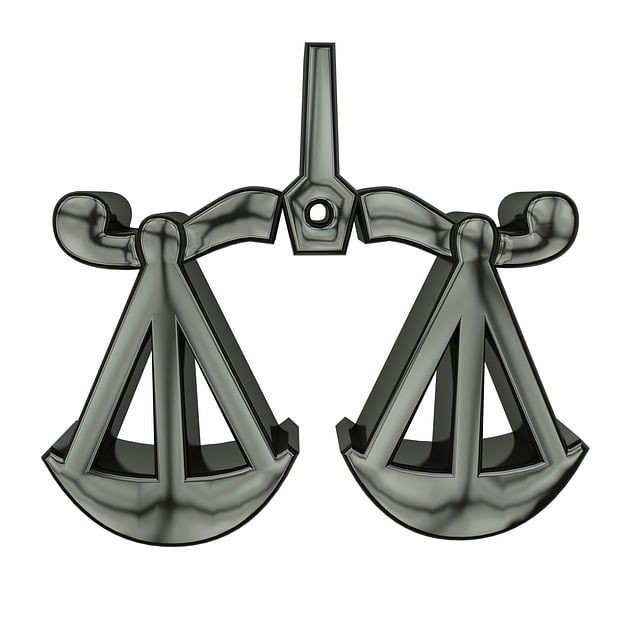Regulatory compliance is vital for businesses to avoid legal penalties, foster trust, and support sustainable growth. Non-compliance leads to severe consequences like fines and reputational damage. In criminal cases, understanding and adhering to regulations acts as the best self-defense tactic. Businesses must adopt proactive strategies, including comprehensive training, regular audits, and up-to-date policy manuals, to establish robust compliance programs and navigate complex legal landscapes successfully. By integrating these best practices, organizations can avoid indictment, defend against regulatory challenges, and ensure long-term sustainability in a highly regulated environment, making it an essential component of their risk management and defense strategy (Best Self-Defense Tactics in Criminal Cases).
Navigating regulatory compliance is crucial for businesses to avoid legal pitfalls and ensure sustainable growth. This article explores the basics of regulatory compliance, highlighting its relevance in today’s dynamic business landscape. We delve into common non-compliance issues, their impacts, and best practices. Additionally, we provide proactive self-defense tactics for businesses, emphasizing strategies that strengthen defenses in criminal cases. Understanding these aspects is essential to navigating regulatory challenges effectively.
- Understanding Regulatory Compliance: The Basics and Relevance
- Common Regulatory Non-Compliance Issues and Their Impact
- Self-Defense Tactics for Businesses: Proactive Measures and Strategies
- Legal Implications and Best Practices for Navigating Regulatory Compliance Challenges
Understanding Regulatory Compliance: The Basics and Relevance

Regulatory compliance is a cornerstone of any successful business or legal practice. It involves adhering to laws, rules, and guidelines set by governing bodies to ensure operations are ethical and safe. These regulations span various sectors, from environmental protection to data privacy, consumer rights, and more. Understanding these requirements is not just about avoiding penalties; it’s a best self-defense tactic in criminal cases that can protect your organization’s reputation, foster trust among stakeholders, and enable sustainable growth.
In the legal context, regulatory compliance plays a pivotal role in jury trials and interactions with philanthropic and political communities. Businesses that prioritize adherence to rules often find themselves better equipped to navigate complex legal landscapes, thereby increasing their chances of avoiding indictment. By implementing robust internal controls, staying informed about changing regulations, and fostering a culture of ethical behavior, organizations can ensure they remain compliant while maintaining their competitive edge in the market.
Common Regulatory Non-Compliance Issues and Their Impact

Regulatory non-compliance issues are prevalent across various industries and can have significant consequences for businesses and individuals alike. Common problems include failure to obtain necessary permits, incorrect record-keeping, inadequate training for employees, and disregard for safety protocols. These oversights often stem from a lack of understanding or deliberate ignoring of legal requirements, which can lead to severe penalties and reputational damage.
For criminal cases, achieving extraordinary results in self-defense tactics is crucial. Understanding and adhering to regulations throughout the investigative and enforcement process forms the best self-defense against potential charges. A robust general criminal defense strategy involves meticulous record-keeping, comprehensive training for all personnel involved, and a deep knowledge of safety standards. By addressing these non-compliance issues proactively, organizations can mitigate risks and ensure they remain within legal boundaries, thereby safeguarding their interests in the long term.
Self-Defense Tactics for Businesses: Proactive Measures and Strategies

In today’s complex landscape, businesses face a myriad of regulatory challenges that demand proactive self-defense strategies. The best self-defense tactics for businesses in criminal cases involve establishing robust compliance programs and fostering a culture of awareness. By implementing comprehensive training sessions, regular audits, and up-to-date policy manuals, companies can fortify their defenses against potential legal pitfalls.
Moreover, staying ahead of regulatory changes through continuous monitoring and adapting practices is crucial. An unprecedented track record of successful defense in criminal cases can be achieved by addressing these measures effectively. These proactive tactics not only safeguard the respective business but also ensure compliance with evolving legal standards, fostering a robust environment for all corporate and individual clients.
Legal Implications and Best Practices for Navigating Regulatory Compliance Challenges

Navigating regulatory compliance challenges is a complex task that can have significant legal implications for businesses and individuals alike. In the event of non-compliance, organizations may face severe consequences, including fines, lawsuits, and even criminal charges. Therefore, adopting robust best practices is essential to ensure adherence to ever-changing regulations. One of the best self-defense tactics in criminal cases involving regulatory compliance issues is proactive planning. This includes staying informed about relevant laws and industry standards, conducting regular internal audits, and establishing clear protocols for documenting and reporting activities that could trigger compliance concerns.
For his clients’ protection, legal professionals should also foster open communication channels with business leaders to ensure a shared understanding of compliance expectations. Additionally, implementing robust training programs for employees can significantly reduce the risk of accidental non-compliance. By integrating these best practices into their operations, organizations can better avoid indictment and build a strong defense against regulatory challenges, ensuring long-term sustainability and success in an increasingly regulated environment.
Regulatory compliance is a complex yet indispensable aspect of business operations, with significant legal and financial implications. By understanding the basics and common issues, businesses can employ proactive self-defense tactics to mitigate risks. Adopting best practices and staying informed about regulatory changes is crucial for navigating these challenges effectively. The strategies discussed, including comprehensive training programs and robust internal controls, offer powerful tools to ensure compliance and protect against potential criminal cases, ultimately fostering a resilient and legally sound business environment.






